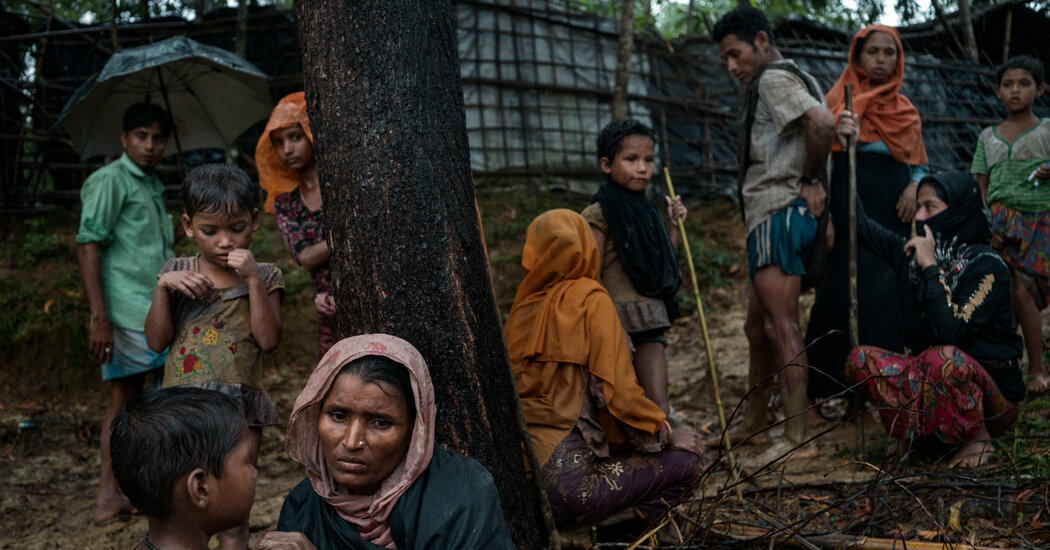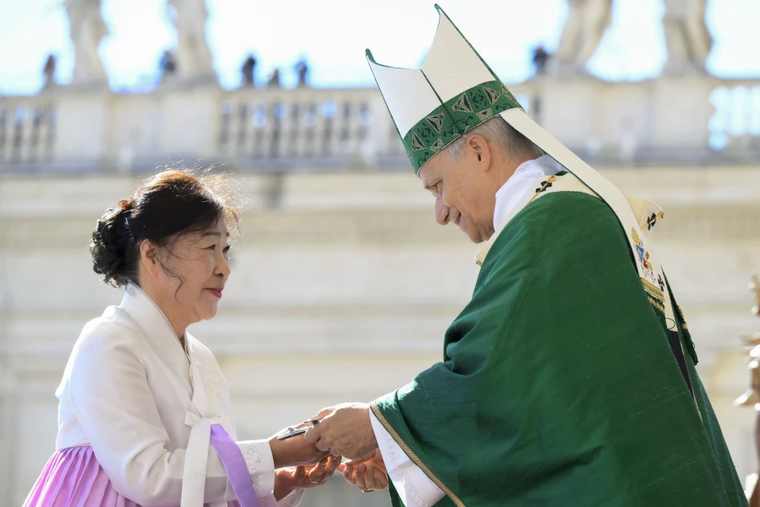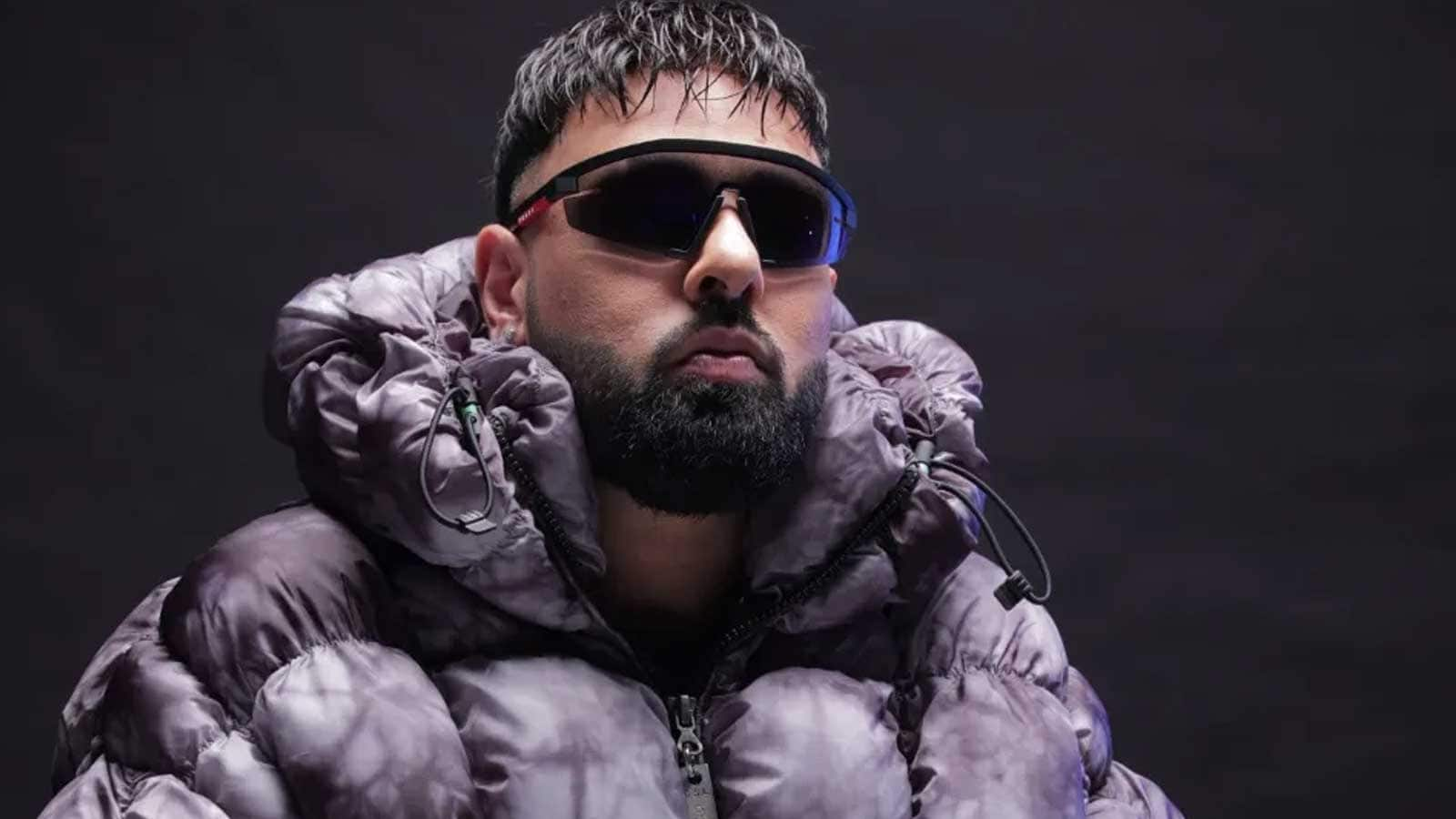
They live in the world’s largest collection of refugee camps, which they are rarely allowed to leave. Their shops there have been bulldozed and their schools closed. In their homeland, warring factions seem to agree only on a shared contempt for the stateless exiles.
Eight years after hundreds of thousands of Rohingya Muslims fled ethnic cleansing in their native Myanmar, they continue to languish in Bangladesh. On Tuesday, world leaders and activists will convene a high-profile gathering on the sidelines of the U.N. General Assembly in New York to discuss a road map for repatriating them.
But no Rohingya from the camps will be present.
“They will be taking decisions about our lives,” said Showkutara, a Rohingya leader from the camps who goes by one name. “So why can’t we go?”
The Rohingya in Bangladesh, who were stripped of their citizenship in Myanmar, have no means of arranging their own travel outside the camps. In the past, the United Nations and the Bangladeshi government have sponsored trips for some to represent their community on the world stage. But no such support came ahead of Tuesday’s conference.
Amid difficulties in obtaining U.S. visas, issuing travel permits for stateless refugees, deciding who should go and ensuring their safety, the Bangladeshi government decided not to pursue a path for Rohingya in the camps to attend the conference. “We looked at all of this and then we didn’t try,” said Khalilur Rahman, Bangladesh’s high representative for the Rohingya issue.
“Nobody could be sure if we would be able to go through all these hoops,” he said.
While there will be diaspora Rohingya from Western countries at the conference, Ms. Showkutara said she had a hard time feeling represented by them. “They haven’t spent a single night in the camps,” she said. “How can they explain our situation to the world?”
Sayed Ullah is one of five Rohingya who were elected last month in polls organized by Bangladesh’s authorities to represent the community. But nobody reached out to him about attending the conference.
Instead, he will follow it on his phone from his tarp home.
“If the refugees are not involved, how can their issues be resolved?” he said. “Without us, this conference will be meaningless.”
The U.N. said anyone could register for the event, and that the speakers were selected on criteria such as the “scope of their work including recent experience in Myanmar or refugee camps” and “safety and security considerations.”
Hundreds of thousands of Rohingya fled Myanmar in 2017 when its military began a ruthless campaign of ethnic cleansing. The military later staged a coup that led to a civil war. A rebel group fighting the military junta now controls much of their traditional homeland in Rakhine State, but it has not improved conditions for the Rohingya. Instead, the rebels, like the junta they oppose, are accused of atrocities against the ethnic minority. Over the past two years, fighting has pushed 150,000 more refugees into Bangladesh.
At the same time, the crisis has been fading from international attention, human rights experts say. Secretary General António Guterres of the United Nations said in March during a visit to the Rohingya refugee camps that they were “ground zero for the impact of budget cuts on people in desperate need.”
Nay San Lwin, a Rohingya activist based in Germany who will attend the conference, said he would prefer if those in the settlement could speak for themselves. “The majority of Rohingya now live in the camps,” he said. “They should be heard directly, not through us.”
Nicholas Koumjian, who leads the U.N. team studying rights violations in Myanmar, fears that the conference on Tuesday may be a missed opportunity to discuss repatriation with “the ones we hope would be able to return.”
“It’s important to understand what they need to feel safe,” he said.
Maung Sawyeddollah is one of four Rohingya, all based in the United States, who will speak at the conference. He was grateful to be chosen to represent his community, he said, but criticized the United Nations for not making sure that Rohingya from the camps would also be present. He said the refugees needed more support from outside to make their voices heard.
“It would have been possible if they had tried harder,” he said.



